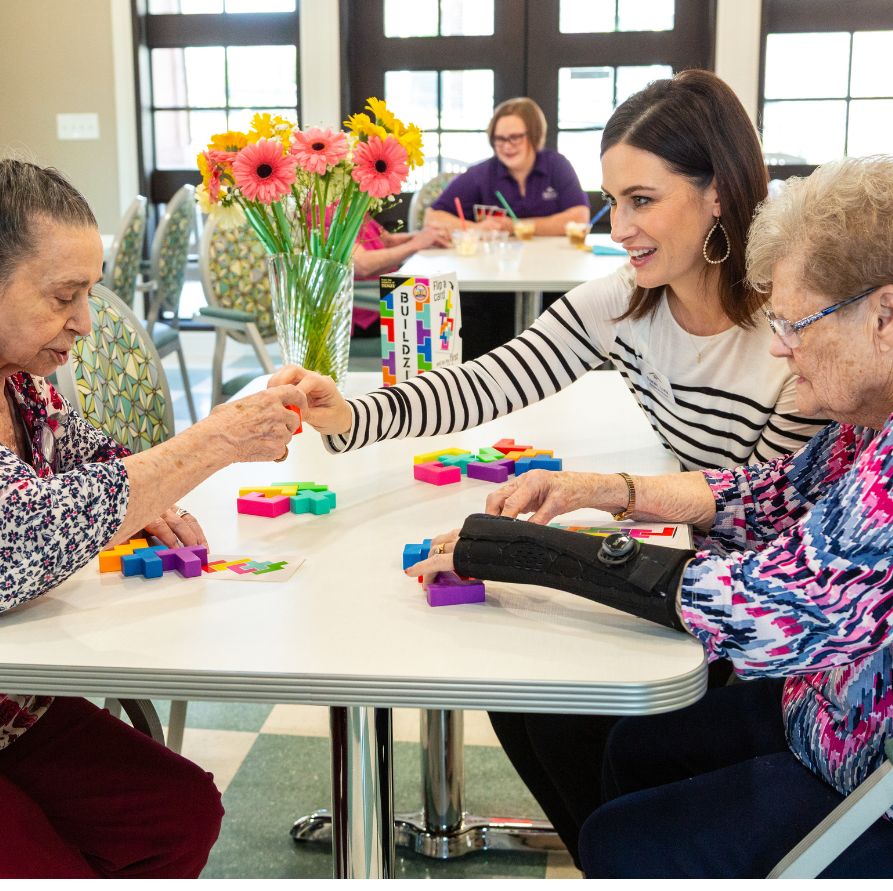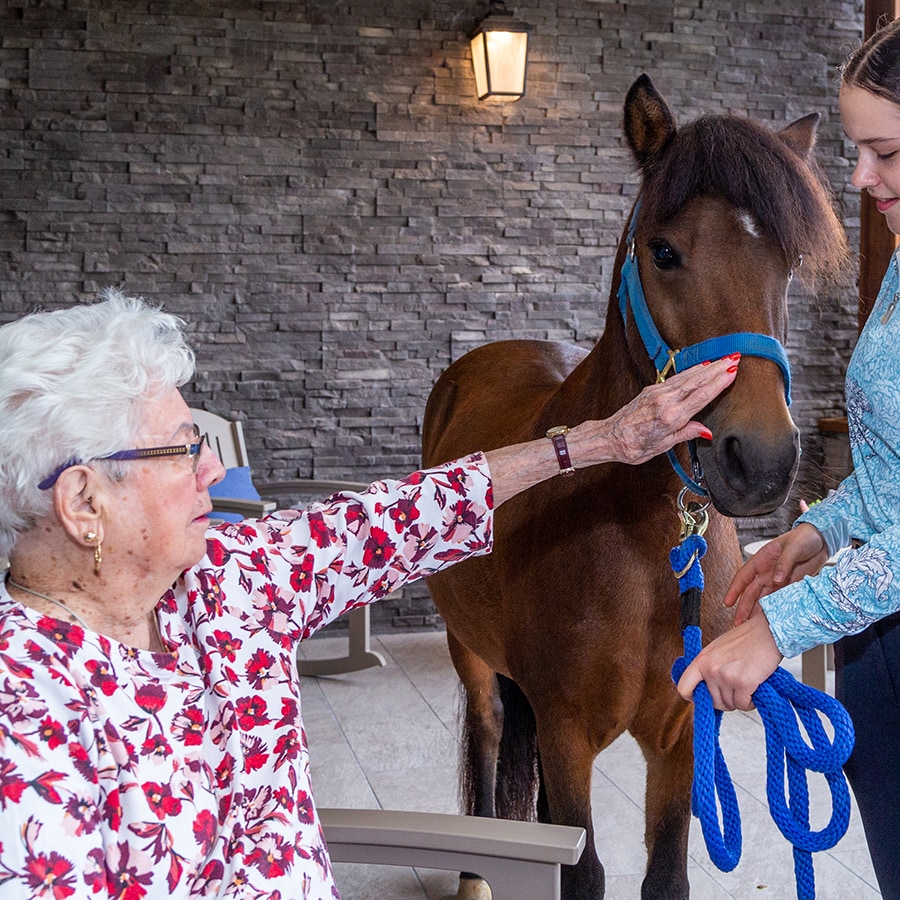Alzheimer’s and dementia affect millions of people worldwide, creating challenges not only for the individuals diagnosed but also for their loved ones. While there is no cure, engaging those with forms of dementia in meaningful activities can significantly enhance their quality of life and slow cognitive decline. One such activity is reading, a simple yet powerful tool for supporting memory, communication, and cognition.
How Reading Slows Mental Decline
Reading isn’t just a pastime—it’s like mental gymnastics for the brain. Studies show that engaging in “mental exercises” such as reading can activate multiple parts of the brain at once. When someone reads, they process language, recall memories, visualize imagery, and sometimes even experience emotional responses.
This stimulation level enhances neural pathways and supports brain plasticity, which may help slow cognitive decline. Research published by the National Institute on Aging reveals that lifelong learning activities like reading are linked to better brain health and delayed onset of dementia-related symptoms.
By encouraging your loved one with dementia to read regularly, you allow their brain to “work out” and stay active, much like you might encourage physical exercise for overall health.
Reading & Its Effects on Alzheimer’s & Dementia
The cognitive challenges associated with Alzheimer’s and dementia often lead to struggles with memory, communication, and independence. Incorporating reading into a loved one’s routine can mitigate some of these challenges.
Regular reading engages the brain, strengthens cognitive reserves, and encourages neural connections, which can slow the progression of dementia symptoms. While it’s not a cure, it is a meaningful way to nurture mental health and improve quality of life.
Key Benefits of Reading for People with Alzheimer’s & Dementia
1. Memory Retention & Stimulation
Reading requires recalling names, places, or ideas from the text, naturally activating memory centers in the brain. While long-term memory may fade in those with dementia, recalling short-term details introduces gentle memory exercises.
2. Improved Communication Skills
People with dementia often struggle to express themselves verbally. Reading stories or poems aloud can reinforce language skills. It provides a structure for conversation, encouraging them to relate to the narrative or discuss its themes with caregivers.
3. Cognitive Stimulation
Interactive reading materials, like large-print books with illustrations or question prompts, encourage problem-solving and decision-making. These activities keep cognitive pathways active and reduce mental stagnation.
4. Sense of Independence
Reading can be a solo activity, allowing individuals to feel accomplished. For those who feel increasingly dependent on caregivers or family, finishing a book—even a short one—can foster self-confidence.
5. Relaxation & Stress Reduction
Symptoms of anxiety and agitation are common in seniors with dementia. Reading, especially familiar books or soothing poetry, provides a calming routine. Familiar rhythms or phrasing can evoke positive emotions, promoting relaxation.
What to Read After an Alzheimer’s or Dementia Diagnosis
Choosing the right materials is essential when introducing reading to a person with dementia. Here are some tips to optimize the experience and ensure it’s enjoyable and therapeutic.
Essential Considerations When Reading with Seniors with Dementia
- Simplify the Material: Select books with straightforward plots, simple language, and minimal distractions. Picture books, poetry, or short stories are excellent choices.
- Consider Their Interests: Tailor the reading material to reflect their hobbies and preferences. Do they enjoy gardening? Try a short guide with visuals on plants and gardening tips. Have they always loved history? Select a large-print historical book.
- Look for Familiarity: Familiar material, such as well-loved fairy tales, classic literature, or stories from their childhood, can provide comfort and may evoke cherished memories.
- Stay Away from Overwhelming Texts: Dense or technical books can frustrate or confuse seniors with dementia. Prioritize content that is approachable and lighthearted.
- Engage in Conversation: Pause during reading to discuss what’s happening in the story. Ask simple, open-ended questions like “What do you think will happen next?” or “Does that remind you of anything?” This interaction supports cognitive engagement and helps foster connection.
Great Reads for People with Dementia
If you need suggestions for where to start, here’s a list of categories and examples of reading materials that work well for those with dementia:
- Short Stories: “Chicken Soup for the Soul” stories are heartfelt and easy to follow.
- Poetry: Favorite works by Robert Frost or Emily Dickinson can evoke strong emotional responses.
- Coffee Table Books: Picture-dominant titles in large fonts on topics like nature, animals, or travel evoke wonder without requiring much cognitive effort.
- Classics: Familiar classics like “Charlotte’s Web” or “The Adventures of Winnie the Pooh” often resonate deeply.
As your loved one starts reading more, it’s essential to help them pick books that align with their interests. This will encourage them to keep reading!
How Memory Care Supports Cognitive Activities

Professional memory care services can be an excellent asset for caregivers facing the daily challenges of dementia care. These services provide structured, supportive environments for people with dementia and emphasize activities like reading as part of their therapeutic programming.
The Role of Memory Care Communities
Enrolling a loved one in a memory care program ensures access to various cognitive activities, including reading, that contribute to a balanced and fulfilling lifestyle.
- Daily Reading Circles: Many memory care communities organize daily reading circles, where stories are shared experiences. These activities stimulate cognitive functions and foster social connections among residents.
- Tailored Reading Programs: Staff in memory care centers often curate customized lists of reading materials based on the individual’s past interests, creating a sense of familiarity and joy during sessions.
- Interactive Storytelling Activities: By combining reading aloud and audiovisual storytelling, seniors can engage multiple senses, enhancing the therapeutic effects.
Get Support from Our Caring Community
Teresa’s House knows that reading can be a powerful tool for caregivers who want to improve the lives of their loved ones with Alzheimer’s or dementia. Contact us today to see how our community can help support your loved one’s reading goals and unlock the cognitive, emotional, and therapeutic benefits it provides.















































